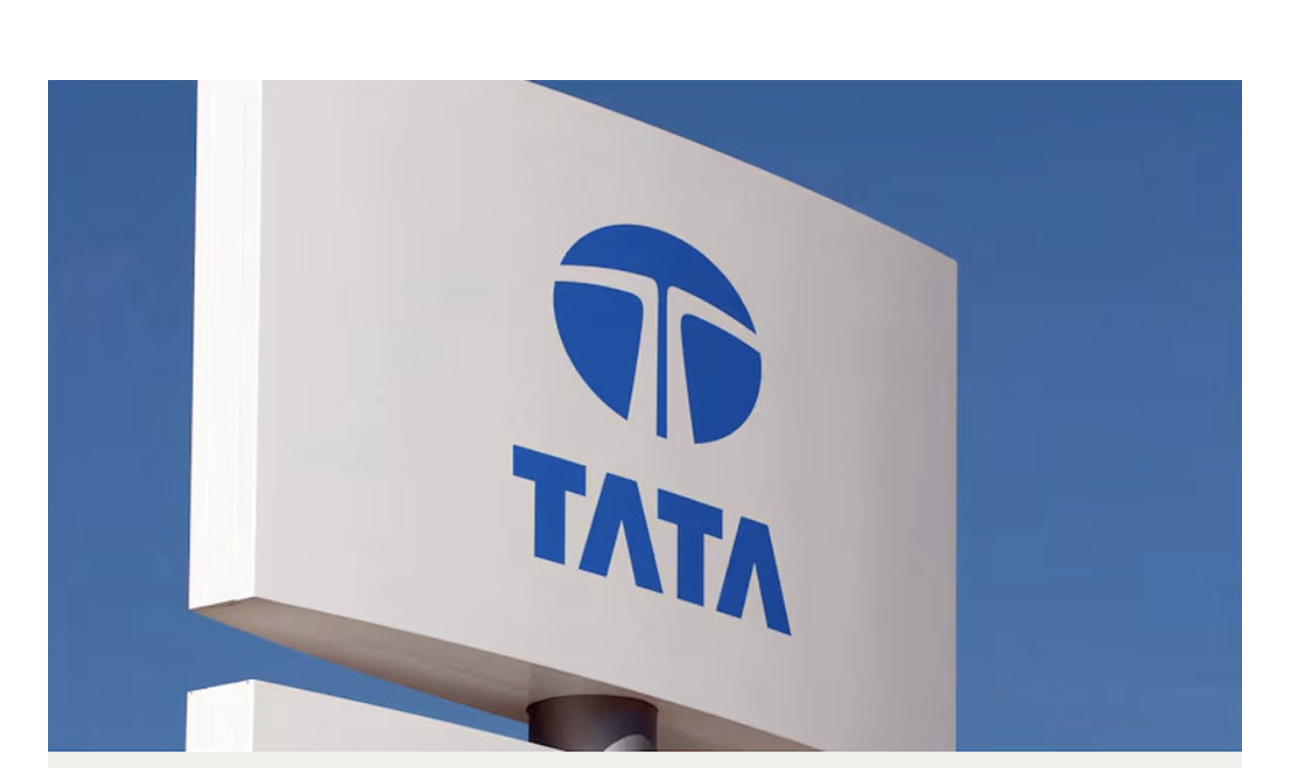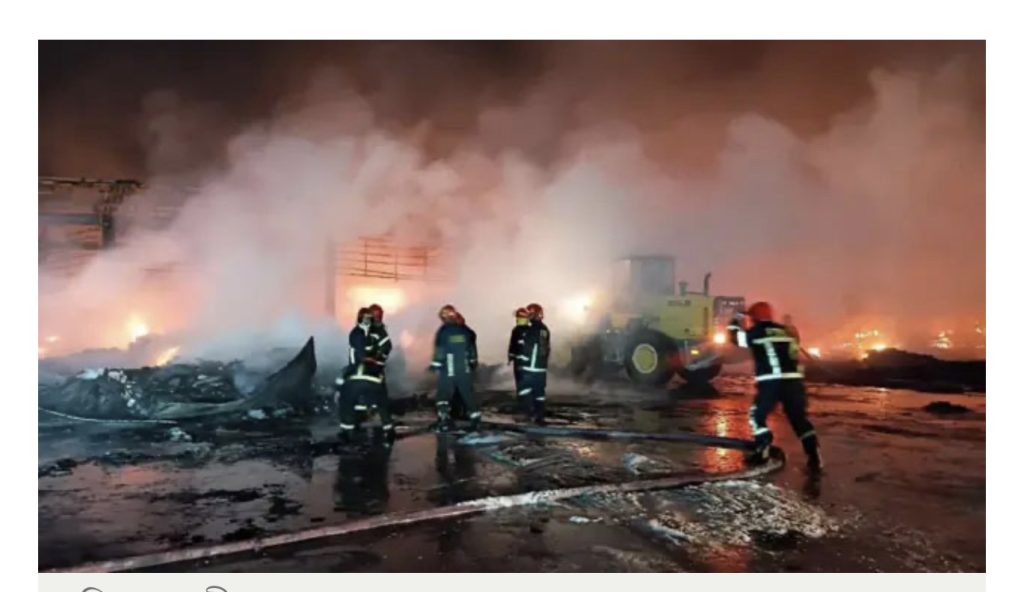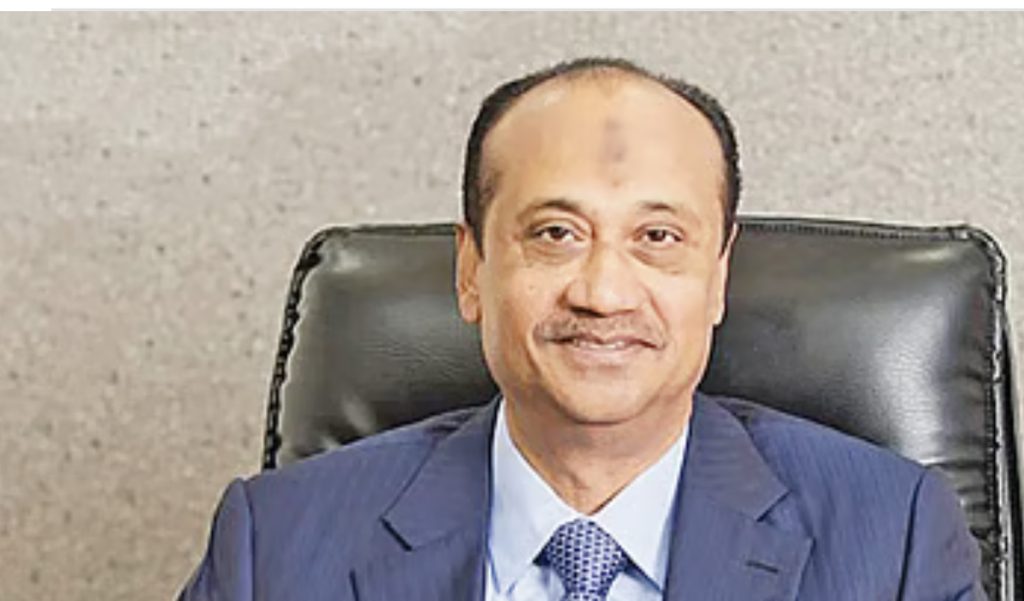MUMBAI – Just one year after the passing of Ratan Tata, the massive Indian business conglomerate he transformed—the Tata Group—is facing a complex and deep-seated internal crisis. The sprawling empire, which owns global brands like the UK’s Jaguar Land Rover (JLR) and Tetley Tea, and runs Apple iPhone assembly in India, is reportedly being rocked by an intense power struggle among its top trustees.
The infighting, which has been escalating for several months, has exposed a fracture within the organization. The situation grew so volatile that the Indian government was reportedly forced to intervene to prevent a repeat of the dramatic 2016 legal crisis sparked by the abrupt removal of former Tata Sons chairman, Cyrus Mistry.
Though Indian ministers attempted a temporary truce weeks ago, the latest reports, unconfirmed by the BBC, suggest that Mehli Mistry, a close confidant of Ratan Tata and a trustee on the Tata Trusts board, has been ousted.
The Core Conflict: Who Really Runs Tata?
Mircea Raianu, a history professor at the University of Maryland and author of a book on the Tata Corporation, sees the conflict as a “resurgence of unresolved business questions.” At the heart of the dispute is the question of who controls the Tata Group and the extent of the power wielded by the principal shareholder, the Tata Trusts, which owns 66% of the core holding company, Tata Sons.
The Tata Group’s structure is unique: a charitable entity (Tata Trusts) holds the controlling shares of the main holding company (Tata Sons). While this model has historically offered tax and policy advantages and funded massive philanthropic work, experts warn that this dual nature—a profit-driven business controlled by a non-profit foundation—creates administrative complexity and potential transparency issues.
The IPO Battle and Governance
The new dispute comes as the Tata Group navigates significant business headwinds, including new investments in semiconductors and Electric Vehicles (EVs), and the challenging revival of the bankrupt airline Air India, which it acquired in 2021 and which was recently involved in a tragic accident.
While the group has not publicly commented on the instability, sources suggest the disagreement among the Tata Trusts’ trustees centers on:
1. Board Appointments and Fund Approvals.
2. The proposed IPO (Initial Public Offering) of Tata Sons.
A source close to the Tata Group told the BBC that the main tension lies in the trustees’ desire to increase their influence and participation in the strategic decision-making of the Tata Sons board. While three Tata Trusts representatives currently sit on the Tata Sons board, their role is primarily supervisory, with veto power on major decisions.
The source explains: “But now, some trustees want to participate in the commercial decisions.”
The most significant point of contention is the push to list Tata Sons—the holding company for 26 listed group entities with a total market value of approximately $328 billion—on the stock market. The largest minority shareholder, the SP Group (which holds an 18% stake), is strongly advocating for the IPO.
In contrast, most Tata trustees oppose the move, fearing that a public listing would dilute the Trust’s long-term decision-making power and subject the company to the pressures of quarterly market demands, especially as many new group businesses are still nascent.
The SP Group, however, views the listing as a “moral and social duty” that would enhance shareholder value and strengthen corporate transparency and governance.
A Crisis of Confidence
Public relations expert Dilip Cherian, an associate of former chairman Cyrus Mistry, warned that this internal conflict is already damaging the Tata Group’s brand image and creating governance concerns.
Cherian told the BBC: “This is a continuation of successive blows to the Tata image recently,” citing the Air India crash earlier this year and the cyber attack on a key JLR unit in September, which pushed UK car production to a 70-year low.
Furthermore, Tata Consultancy Services (TCS), which accounts for almost half of the group’s total revenue, is grappling with its own issues, including widespread layoffs and the recent cancellation of a billion-dollar contract with retailer Marks & Spencer.
Cherian believes the “boardroom battles are creating more confusion. Investors will question not just share performance but also whose leadership they are actually dealing with at Tata.”
Amidst the turmoil, the tenure of Tata Sons Chairman N. Chandrasekaran has reportedly been extended. A source close to Tata Sons suggested that this was intended to ensure stability, adding, “The Chairman can continue his work because the division is among the trustees, not within the board. However, it is an unnecessary distraction for him.”
Why This Crisis is Different
Professor Raianu argues that while the Tata Group is no stranger to internal conflicts (reminiscent of the time Ratan Tata modernized the structure in the 90s and the Mistry removal), the current crisis is fundamentally different.




